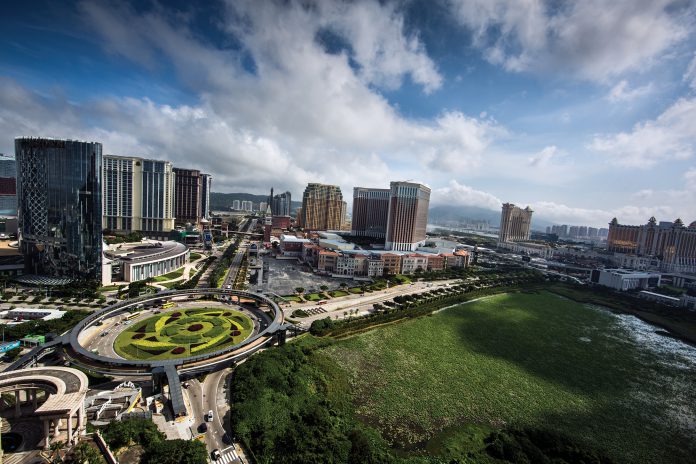In the land of ‘harmony’ and ‘stability’, nobody believes that the six operators will not continue for a few more years. It remains to be seen how many (if five, of the extension, or 20, of a new tender), but there are more and more voices showing the merits of the entry of at least one more operator.
MB March 2020 Special Report | Cotai 3.0 (2019-2022)
A little over a month after we get to know the first ideas about the future of gaming in Macau, when the Chief Executive and the Secretary of Economy go to the Legislative Assembly to show their Policy Address, there are two certainties among several doubts:
On the one hand, Macau is not in a position, at this time, to promote a free international tender (that is, without any kind of favouring of the current operators) and the main reason is the lack of land for the eventual winners to be able to build its Integrated Resorts. As gambling legal expert Jorge Godinho explains in this special report, “a public tender is a ‘Big Bang’ moment. Everything ends and starts again. Public tenders should be taken very seriously. It is not a formality.”
If the tender allows any interested party to compete on equal footing with current dealers, there is a risk that new operators will appear. And they need land to show what they are worth.
(Another relevant issue, which would result from this process, is the possibility that some of the current concessionaires will be without a gaming license, on top of recent investments that are yet to be monetized.)
Therefore, everything indicates that the government will choose to reward the Big-6 with more time.
How he will do it is still a doubt, but Jorge Godinho warns of the fact that “it would be a mistake to open a tender for six concessions, especially because you would not get only six applicants. If you want exactly six, just extend the existing ones and do not open a tender.”
“All operators must be concessionaires” – Jorge Oliveira
On the other hand, if, by 2024, Macau will receive 59 million tourists, according to the forecasts of the Pacific Asia Tourism Association, compared to the current almost 40 million, few will be able to argue that there is no room for at least one more new concession.
In favour of this new option, other arguments are added, such as the international credibility of the local gambling market, and the entry of more money into the coffers of Macau.
And the question of land.
For one, at most two, new operators, the Government has some lots reserved in Cotai.
“There should be at least one more concession, if not two more,” states Jorge Godinho to Macau Business.
The same opinion is shared by Macau-based lawyer Pedro Cortés, a specialist in gaming-related matters for the Rato, Ling, Lei and Cortés law practice.
Mr Cortés anticipates to Macau Business the extension of the six existing (sub)concessions up to 2027, once “to conduct a tender involving six operators means many risks.” But “I will bet on one or two more concessions.”
Pedro Cortés knows that this requires a change in the gaming law (which, the lawyer understands, should have already been changed to fit the issue of sub-concessions) but he does not see this as a problem.
And it is not to be excluded, at the outset, that the impacts of Covid-19 may be related to the concession model.

‘Father’ of subconcessions: “they don’t make sense anymore”
In 2001, to resolve the dispute between Galaxy and Venetian / LVS, sub-concessions were created.
Jurist Jorge Oliveira is often named as the father of the idea that “avoided having to open a new tender for a concession,” an embarrassing situation, in which even more if the winner was Las Vegas Sands that had not presented itself in the initial competition in 2001 if not as a management entity.
“Naturally it does not make sense to maintain this idea, so all operators must be concessionaires,” summarizes Jorge Oliveira to Macau Business.
One of the rare substantive interventions on the future of gaming in Macau, Ho Iat Seng, declared last year that his administration would face up to “historical problems” concerning the Macau gaming concessions.
“The amendment [of the law], once done, will solve a host of issues,” Mr Ho said in Beijing, in what was understood by all as a reference to the need to end precisely with the current sub-concession system.
























